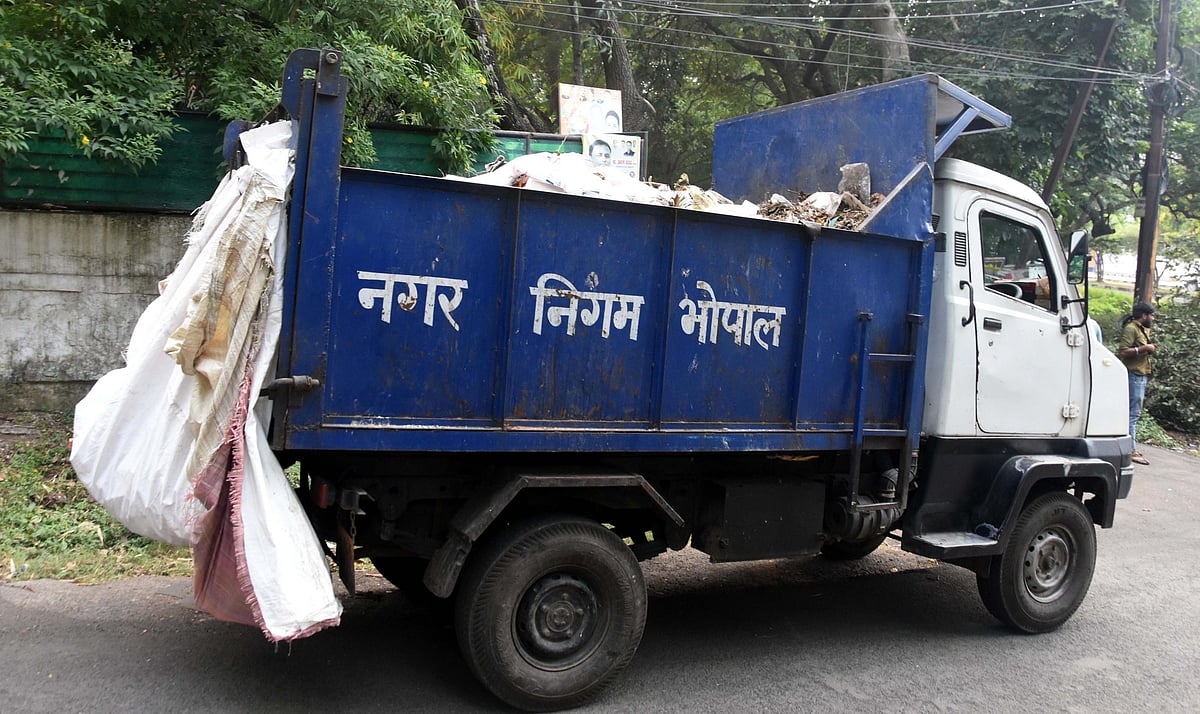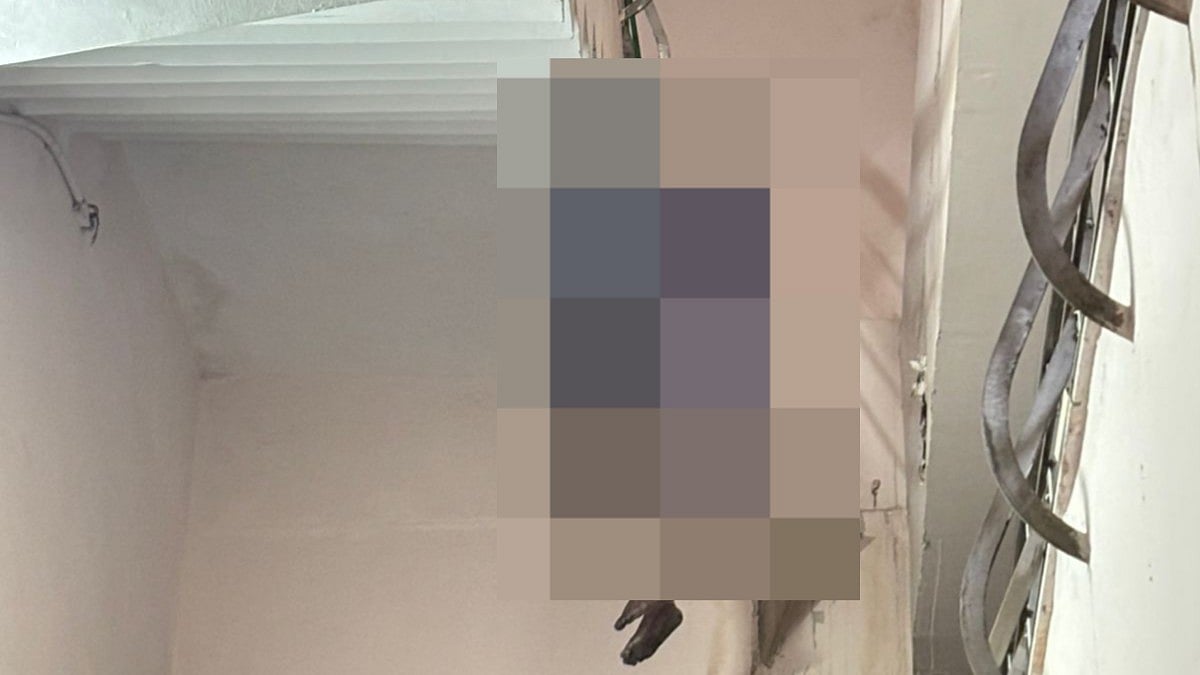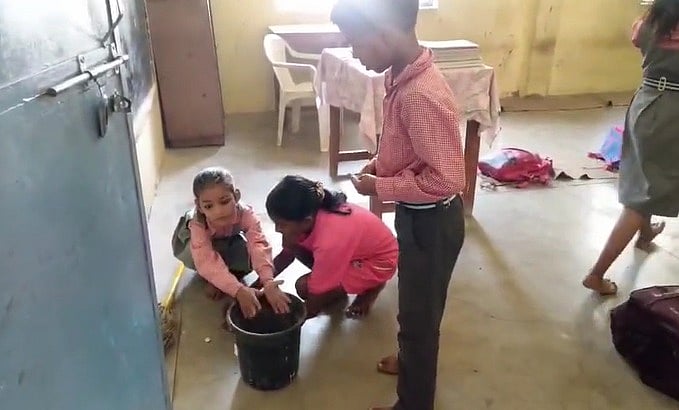Bhopal (Madhya Pradesh): Garbage generation in the state capital has shot up by nearly 80% ahead of Diwali, leaving Bhopal Municipal Corporation (BMC) under heavy strain. Sanitation vehicles are now making up to four rounds per ward—double their usual number—but the corporation continues to lag behind in collection and disposal.
BMC officials said the city’s 85 wards typically produce around 800 metric tonnes of waste daily. With the festive surge, the figure has climbed sharply, with some wards generating up to 200 tonnes each. Despite this rise, no extra vehicles have been deployed, and only about half of the additional waste is being collected. Around 300 tonnes of garbage now remain scattered across the city since early October.
Residents have complained of missed pickups for consecutive days, with garbage trucks stuck for hours at Garbage Transfer Stations (GTS). The Adampur Cantonment plant can process only about 500 tonnes daily, leaving much of the city’s waste unhandled. Continuous rounds have also led to frequent vehicle breakdowns, further delaying the process.
Officials fear that without an immediate boost in fleet strength and processing capacity, Bhopal may face a full-blown garbage crisis during Diwali.
Congested GTS units
Each of the city’s 15 GTS facilities is running beyond capacity. Every garbage vehicle must be weighed and inspected before unloading, and those carrying mixed waste are turned away for segregation—causing long delays.
Waste surge in major markets
New Market: 15 tonnes ? 30 tonnes
Old City Market: 25 tonnes ? 52 tonnes
Number 10 Market: 12 tonnes ? 30 tonnes
Bairagarh Market: 15 tonnes ? 28 tonnes
Wet, dry waste double
Citywide, wet waste has increased from 300 to 500 tonnes daily, while dry waste has risen from 500 to 900 tonnes. Even electronic, biomedical, and hazardous waste have seen sharp spikes.
Efforts intensified: BMC chief
BMC Commissioner Sanskriti Jain acknowledged pressure on the system. “We are pushing our efforts across the city and have already increased the number of rounds for every vehicle,” she said. However, sanitation workers said the current measures remain inadequate for the volume of waste generated.










